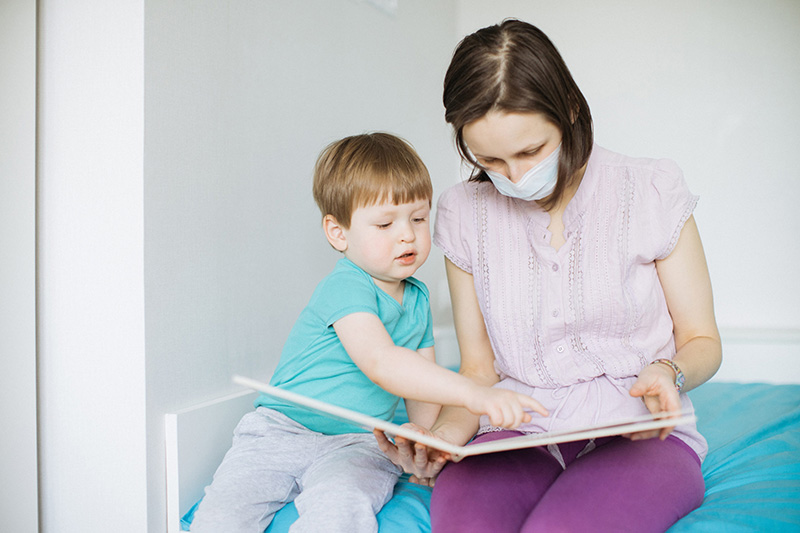With a little planning, saying goodbye to teachers and friends and moving from one class to another, or from school to summer, can be fun and exciting.
- Emotions are OK but be encouraging. Our children's reactions may take many forms, often happy and sad all at the same time. Children may react to change with excitement and enthusiasm, or crying, sulking and even using aggression. Talk to your child about the positive things. Too much talk about how hard it is to say goodbye can sometimes make our children more upset. While we should never ignore our children's feelings, it's also important to be encouraging.
- Create a classroom scrapbook. Pictures of teachers and friends are great sources of enjoyment for children. Younger children may only be able to remember experiences with the aid of photographs. Using a class photo, have your child write or dictate one thing about each child in their class—descriptions can range from silly behaviors to special talents.
- Make a video or audio recording. Record your child talking about their school, their teachers, a favorite project, or their friends. Children love to see and hear themselves and it will be a nice reminder of their favorite memories from time spent in the classroom or school.
- Write a friendship note to classmates. Have your child write or dictate a note to classroom friends. Include your mailing address and offer to become summer pen pals. Your child will love to receive letters throughout the summer.
- Use painting, drawing, and storytelling to record special memories. Artwork and storytelling are excellent ways for children to express their feelings. Have your child draw a picture. You can write what he tells you about his story. You can suggest a theme, like your child's favorite field trip, activity, book or toy at school.
What to Do at Home
After saying goodbye, help your child establish a new routine, stay connected to old friends if possible, and prepare for the following class or school year. Here are some ideas:
- Have a summer routine. Whether they attend summer camp or spend the summer at home, children of all ages find comfort and security in simple routines. Though summer rules may be more relaxed, it’s helpful to establish some about snacking, the use of electronics, spending money, etc.
- Arrange ways for your child to see friends. Many children worry that they may lose their friends if they don't see them. It's harder to coordinate times to get together once summer has started. Schedule and plan a few play dates before school is out. Collect addresses and phone numbers of friends.
- Find out as much as possible about next year. If your child is moving to a new grade in the same school, find out who the teachers are. Some schools don't give class assignments until the end of summer. Most schools provide a supply list for the next year and many have a "move up" day or simple orientation about the next grade before school is out.
- Plan some fun family events. Sports camps and fancy vacations aren't the only way to have family fun. Ask your child for suggestions about what she would like to do. Go for walks, check-out a local park, or find a good ice cream stand.
Letting go of the security of the familiar, embracing a new opportunity, and exploring the unknown take courage. Helping our children adapt to new situations can ease our minds while giving our children meaningful keepsakes and fun summer experiences.





